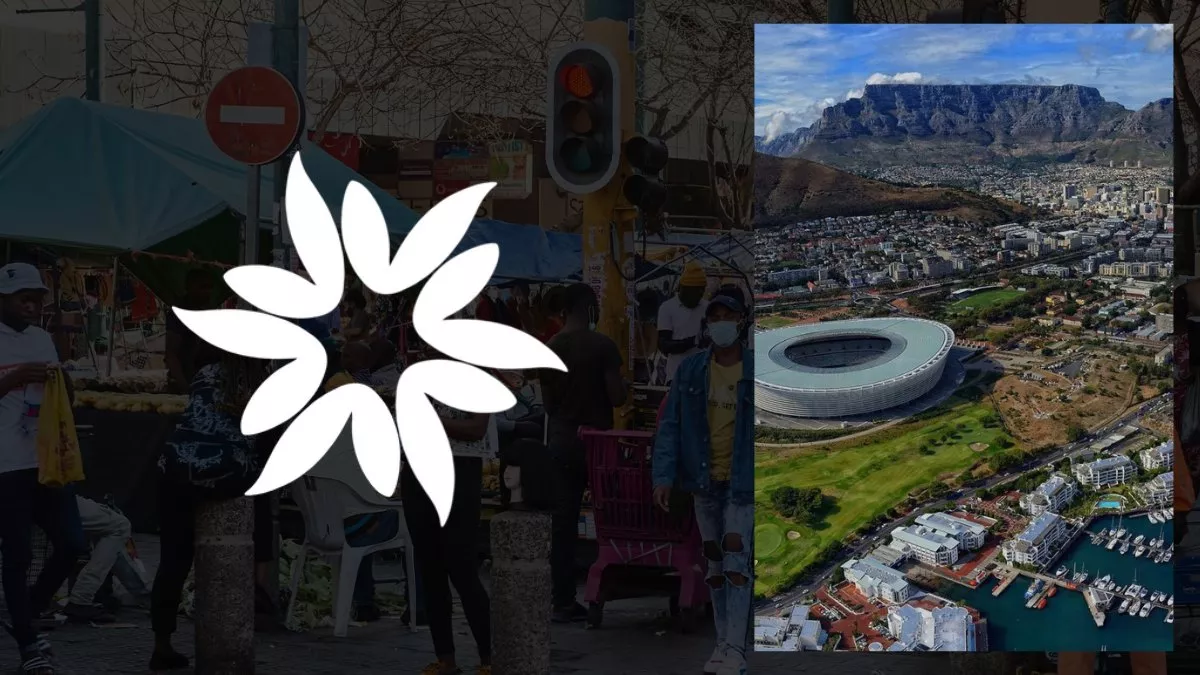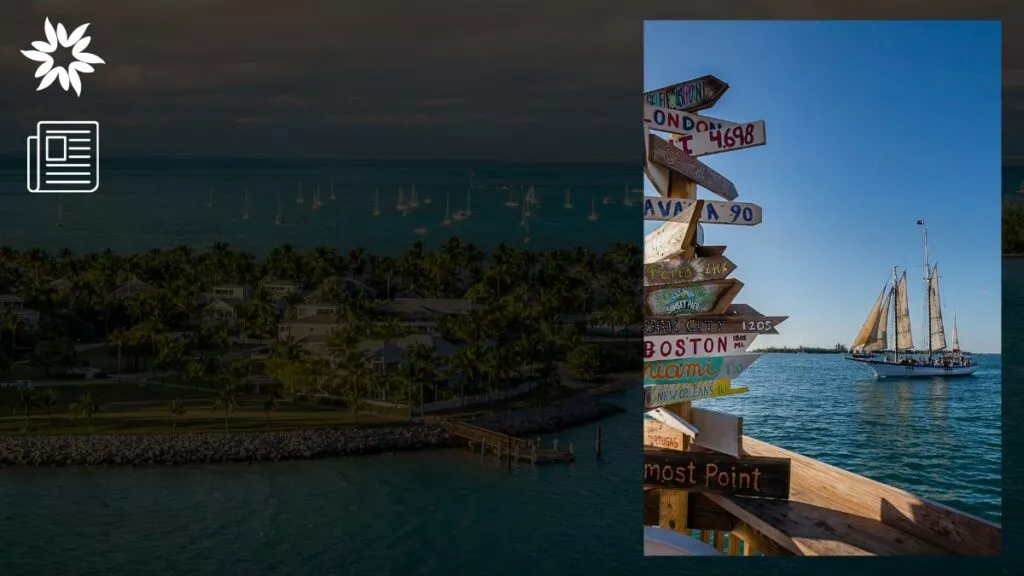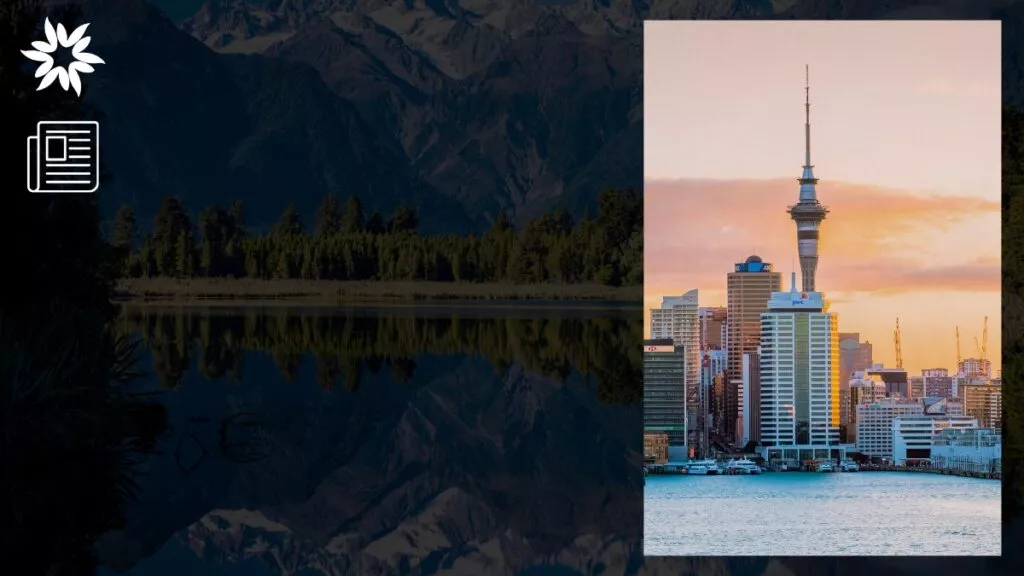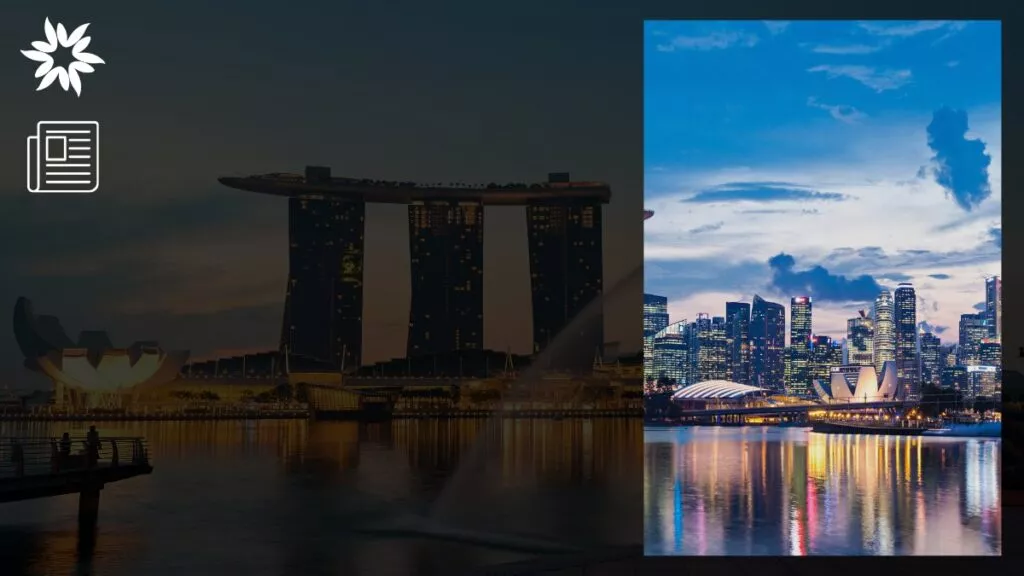Africa is a beautiful continent with a rich culture, stunning landscapes, and a deep history.
However, some countries here face serious safety issues that can make them dangerous for locals and visitors.
Keep in mind that this article isn’t meant to scare you but to give you a clear picture of the situation.
We’ll share facts and numbers to help you understand why these countries deal with these issues.
So, if you’re curious or planning a trip, here are 10 of the most dangerous countries in Africa, along with tips on staying safe.
Key Takeaways
- Countries like South Africa, Nigeria, and Angola struggle with high levels of violent crimes, such as murder, kidnapping, and robbery, exacerbated by economic instability and corruption.
- Nations like Somalia and Mozambique face terrorism from groups like al-Shabaab, leading to widespread fear, insecurity, and displaced populations.
- In countries like Libya and Cameroon, ongoing conflict, political unrest, and human rights violations contribute to dangerous conditions and deteriorating public safety.
1. South Africa
Crime Index: 75.4
Safety Index: 24.6
South Africa is famous for its safaris and amazing scenery, but it also struggles with some of the highest crime rates in Africa.
Cities like Cape Town, Johannesburg, and Durban are particularly dangerous when it comes to violent crimes such as murder, assault, and robbery, so much so that it’s, by far, the most dangerous country in Africa.
In 2023 alone, nearly 8,000 murders occurred in just three months—yikes!
Why so much crime?
Well, it’s largely due to unemployment, a weakened economy, and massive inequality between rich and poor.
And as you can imagine, this creates a perfect storm for gang violence and other criminal activities.
There are frequent carjackings, muggings, and home invasions, but they are most common in urban areas.
On top of that, there’s also a disturbing rate of gender-based violence and rape.
While the government is trying to fight back with more police patrols and community programs, corruption in the police force is a major issue, making it tough to trust the system.
Safety Tip: Stick to well-known tourist spots, avoid going out alone at night, and use reliable transport services.
2. Angola
Crime Index: 66.5
Safety Index: 33.5
Angola might not be as famous as other African countries, but it deals with serious crime problems.
In cities like Luanda, you’ll hear about carjackings, thefts, and even kidnappings for ransom.
But it’s not just petty crimes, though.
Angola is also home to organized crime syndicates, particularly those involved in the illegal diamond trade, which have also gained a foothold, exploiting the country’s weak legal framework and corrupt officials.
Angola has also seen a rise in police brutality and human rights abuses in recent years.
Peaceful protesters are often detained without cause, and press freedom is severely restricted.
Journalists who report on government corruption or sensitive political issues are frequently harassed, detained, or worse.
And for foreigners, things can be extra tricky.
You could be a target for robbery or extortion, especially if you’re seen as wealthy or carrying valuable items. Because of this, and the other reasons mentioned earlier, Angola is one of the most dangerous countries in Africa.
Safety Tip: If you’re visiting Angola, it’s best to stick with locals who know the area well and avoid flashing anything valuable, like jewelry or expensive gadgets.
3. Nigeria
Crime Index: 66.2
Safety Index: 33.8
Nigeria is Africa’s most populous country, often described as the “Giant of Africa,” and unfortunately, it also has a serious crime and security problem.
In the northeast, you’ve got the terrorist group Boko Haram, which is notorious for bombings, kidnappings, and village attacks.
Millions of people have been displaced because of them, and fear is a constant reality.
But Boko Haram isn’t the only issue.
Banditry in the northwest is another big concern, with groups of criminals kidnapping people for ransom, stealing cattle, and causing chaos.
Even in major cities like Lagos and Abuja, there are frequent reports of armed robberies, home invasions, and carjackings.
On top of all this, corruption makes things worse.
Many crimes go unreported because people simply don’t trust the police to do anything about it.
Safety Tip: If possible, stick to the southern regions, as they tend to be safer. Also, avoid any areas with active travel warnings, and hire trusted local guides if you’re venturing out.
4. Somalia
Crime Index: 65.2
Safety Index: 34.8
When you think of dangerous places, Somalia probably comes to mind.
It has been in a constant state of conflict for decades, and the main reason is terrorism.
The al-Shabaab group controls large parts of the country, making life incredibly dangerous for locals and travelers alike.
The Somali government, along with international forces, has been fighting al-Shabaab for years, but progress is slow.
Add to this the issue of piracy along the coast, and you’ve got a pretty risky situation both on land and at sea.
To make things worse, Somalia is also dealing with a humanitarian crisis.
Severe drought has left millions without access to food and clean water, and al-Shabaab makes it hard for aid to reach those who need it the most.
Safety Tip: Somalia is not a place for casual travel. If you absolutely must go, make sure you have proper security and are fully aware of the risks.
5. Namibia
Crime Index: 63.9
Safety Index: 36.1
Namibia might seem like a peaceful country known for its incredible wildlife and sand dunes, but it has its own set of issues.
While it’s safer than many other African nations, it’s still a part of the most dangerous African countries, and crime is rising, especially in the capital, Windhoek.
You’ll hear about muggings, theft, and even violent attacks, particularly in urban areas.
The country also struggles with high unemployment, which contributes to the growing crime rates.
In rural areas, wildlife poaching is a major concern, and it’s a big part of the organized crime scene.
Safety Tip: If you’re visiting Namibia, stick to well-populated areas and avoid walking around at night, especially in cities. Safaris and rural tours are generally safer, but always go with trusted guides.
6. Mozambique
Crime Index: 63.7
Safety Index: 36.3
Mozambique is a beautiful country, but it has become dangerous in recent years, particularly in the northern province of Cabo Delgado.
Since 2017, the area has been under attack by Islamist insurgents, and the violence is brutal.
Kidnappings, massacres, and destruction are common, and the fighting has displaced hundreds of thousands of people.
The country also deals with high levels of street crime, especially in the capital, Maputo.
Robberies, carjackings, and kidnappings for ransom are frequent, and the police force, unfortunately, isn’t always effective due to corruption.
Safety Tip: If you’re visiting, stick to the southern parts of Mozambique and always remain alert in urban areas. And hiring local guides is a must.
7. Cameroon
Crime Index: 63.5
Safety Index: 36.5
Cameroon has two major problems: a separatist conflict in the northwest and southwest and Boko Haram attacks in the Far North.
The separatists want independence for a region they call “Ambazonia,” and this has led to widespread violence, including kidnappings, killings, and property destruction.
At the same time, Boko Haram continues to cause havoc in the north, with frequent attacks on villages, abductions, and terrorist raids.
Urban areas aren’t immune either, with armed robberies and thefts happening regularly.
Safety Tip: If you’re visiting Cameroon, avoid the conflict zones in the northwest, southwest, and far north. Stick to central and southern regions and always travel with locals who know the area.
8. Zimbabwe
Crime Index: 60.9
Safety Index: 39.1
Zimbabwe has been through a tough time over the past few decades, with its economic collapse leading to high crime rates.
The country struggles with inflation, unemployment, and food shortages, and this has driven a lot of people into theft, burglary, and mugging.
Urban areas like Harare and Bulawayo have the highest crime levels and political instability.
Protests against the government often turn violent, and corruption within law enforcement makes things even worse.
Safety Tip: Stick to tourist hotspots like Victoria Falls and avoid political demonstrations. Keep a close eye on your belongings, and don’t travel alone at night.
9. Libya
Crime Index: 60.4
Safety Index: 39.6
Ever since the fall of Muammar Gaddafi in 2011, Libya has been in chaos.
Armed militias control different regions, and this has led to a spike in violent crime, kidnappings, and human trafficking.
These militias often engage in extrajudicial killings and torture, making Libya a highly unsafe place.
Plus, human trafficking is a huge problem here, with migrants facing horrific conditions in detention centers.
The Libyan coast is also a hotspot for migrant smuggling, and many people trying to cross into Europe fall victim to traffickers.
Safety Tip: Libya is not a safe place for tourists, so avoid traveling there unless absolutely necessary. If you must go, ensure you have full security and stick to safe zones.
10. Ivory Coast
Crime Index: 57.1
Safety Index: 42.9
Ivory Coast has made progress since its civil wars in the 2000s, but crime and political issues still make it dangerous in some parts.
Most of the crime happens in urban areas like Abidjan, where carjackings, muggings, and thefts are common.
Political unrest also flares up, especially during elections.
Protests can turn violent, and corruption within the police force adds to the insecurity.
Safety Tip: Stick to the safe tourist areas and avoid political demonstrations. If you’re in the city, don’t walk around alone at night and always use trusted transport services.
Travel Africa Confidently: Stay Safe and Explore More
Africa is a continent of extremes—extreme beauty, extreme danger.
If you’re considering visiting any of these places, it’s essential to research, stay informed, and take precautions to ensure your safety.
Despite these challenges, many parts of Africa are perfectly safe and worth visiting, so don’t let this list deter you from exploring the beauty the continent has to offer.
Just be cautious, stay aware of your surroundings, and always check travel advisories before heading out.








